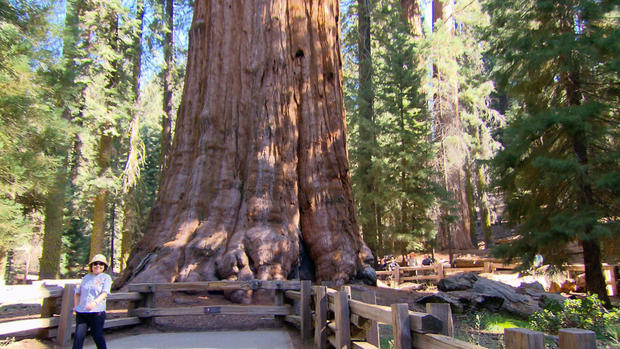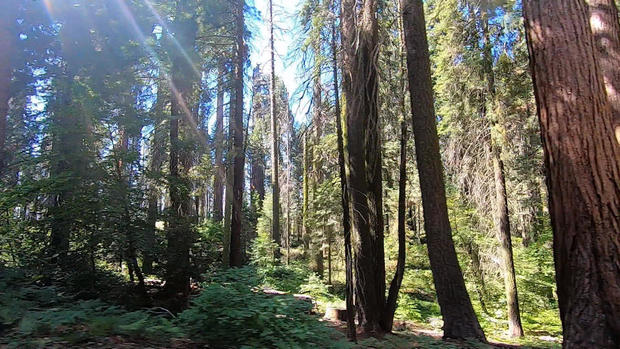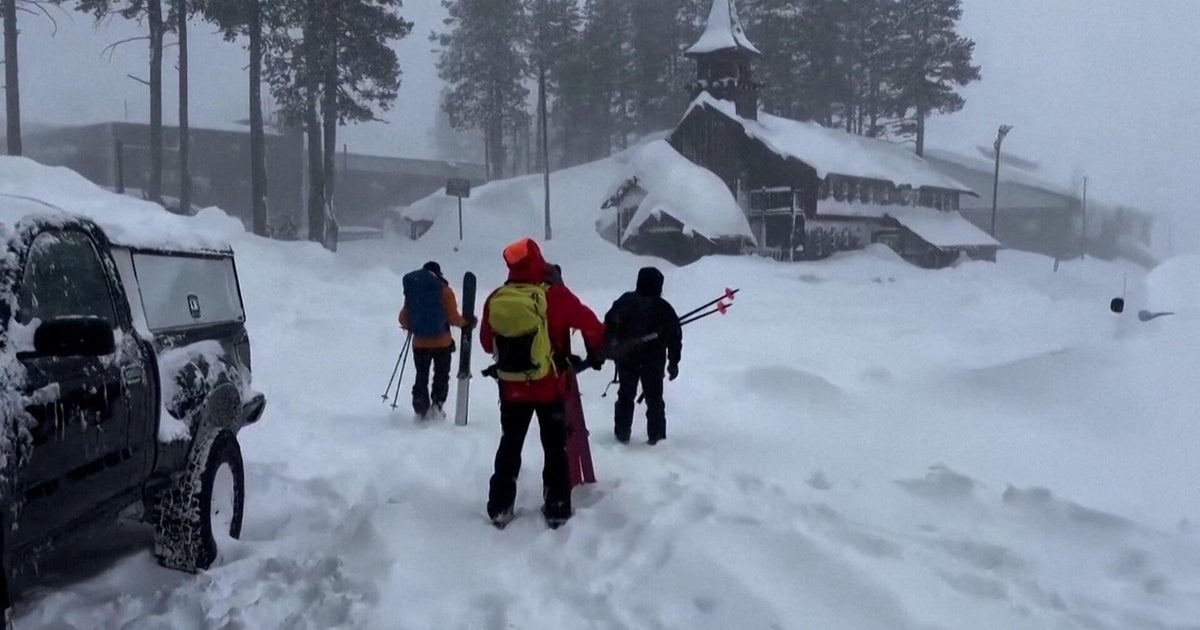Sequoia National Park, home of the world's largest tree, gets a technological update
In our summer series "American Wonders," "CBS This Morning" is exploring places that make America wonderful — from majestic natural landscapes to spectacular man-made creations. This week, CBS News foreign correspondent Jonathan Vigliotti explores Sequoia National Park in California, which is home to some of the largest and oldest living things on our planet. A visit to the forest is a step back in time — even in an age of global connectivity.
Sequoia National Park, an ancient forest high in California's Sierra Nevada, boasts groves of some of the largest living things on earth: giant sequoia trees that stretch hundreds of feet into the sky.
"Giant sequoias have been described as being living relics of an ancient forest," said Daniel Blankenship, an interpretive ranger at the park. "And just by looking at 'em, you almost feel like you're around something that's prehistoric."
Blankenship is one of many caretakers of the forest, which has one particularly famous resident: General Sherman, the largest tree on the planet.
"It's not the world's tallest. It's not the world's widest tree, either. It's the world's largest by volume," Blankenship explained. "One hundred and three feet in circumference at the base, 36 and a half feet in diameter. It stands over 275 feet tall."
But it's not just Sherman's size that turns heads. General Sherman is estimated to be 2,200 years old —alive even during the height of the Roman Empire. Its species is believed to date back to the Triassic period, when dinosaurs first walked the earth, more than 180 million years ago.
When settlers first came across the sequoias in the 1800s, they tried to tell others about their discovery. But the world didn't believe them, and the tales were called the California hoax.
The last few years have been some of Sequoia National Park's busiest. Travelers from around the world have been flooding through its gates for an opportunity to get a glimpse of these prehistoric giants.
At the moment, cellular service in the park is nearly non-existent. But that's about to change, because a new cellphone tower has been approved for the area. While Blankenship acknowledges that the tower might make it harder for visitors to disconnect from technology, he said it will improve park safety.
"Here we are at this elevation, in the Sierra Nevada mountains, hours away from the closest hospital," Blankenship said, adding that the tower will help with "communication, having multiple groups of visitors being capable of communicating and coordinating with each other."
The forest will soon be getting the modern upgrade — an upgrade millions of years in the making.





